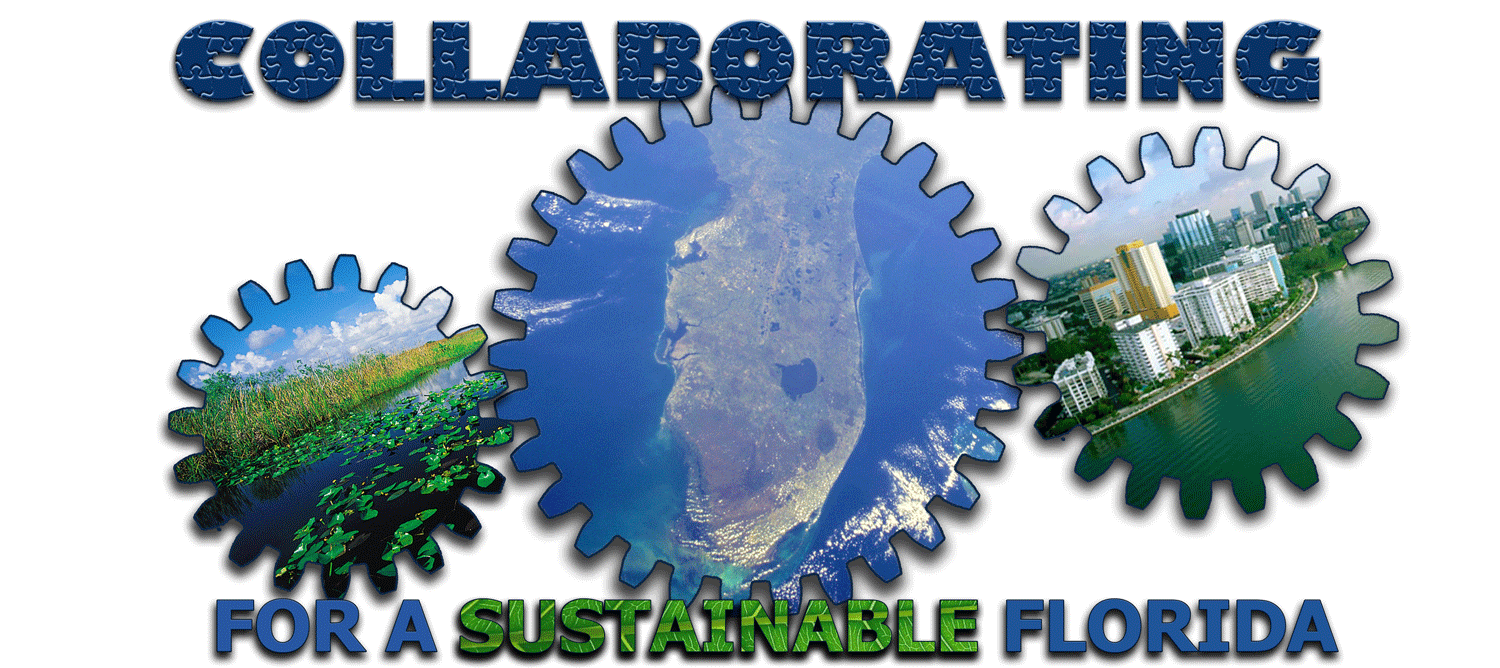Address for Driving Directions:
3233 College Avenue
Davie, Florida 33314

The Center for Environmental Studies (CES) at FAU is a state university research center that was established in July 1994 by Florida's State University System's Board of Regents. Our main office is located on the Davie Campus of FAU on the 3rd Floor of the Davie West Building.
The vision of CES is to improve Florida's sustainability through research , education , and community engagement activities related to coastal resilience, wetlands ecology, and energy innovations, including developing community-wide strategies for adapting to social and environmental changes.
Click on the links to the left to learn more about our staff, locations, and getting to CES.